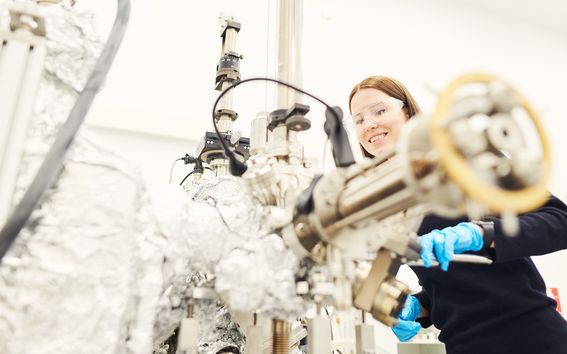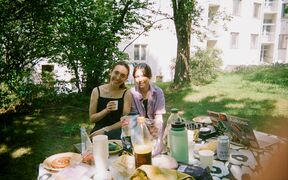Career opportunities
Engineering Physics graduates tend to work at the leading edge of technology and science, in either industry or academia. A significant fraction of graduates go on to pursue a PhD in related subjects, many in the research groups at the Department of Applied Physics.
Engineering Physics is a great foundation for almost any career, and graduates of the programme have traditionally found an exceptionally wide range of careers in the private and public sector, ranging from research to consulting and management positions. Typical career paths outside academia include, but are not limited to:
- Analyst in a wide range of fields, such as information technology and healthcare
- Entrepreneur in consulting, software, or high-tech hardware
- Applications Engineer in software producers and computer design firms
- Cryo Engineer in fields such as aerospace, electronics and telecommunications
- Data Scientist in leading technology companies
- Design Engineer in design consultancy firms, large manufacturing companies, biomedical companies, engineering companies or consumer goods manufacturers
- Green Energy Engineer working in a variety of organisations including NGOs, government, sustainability businesses, energy facilities or within technology and development.
- Quality Engineer working in industries such as automobile, transportation, textile and industrial equipment
- Research and Development Engineer taking leadership of projects in development
- Business consulting or corporate leadership not directly working on product development
Some examples of the companies where our recently graduated alumni work are: Deloitte, Fortum, GE Healthcare, Minsait, Picosun, Radiation and Nuclear Safety Authority (STUK), Rightware, Stora Enso, TVO, Vaisala, Vilant Systems, VTT Technical Research Centre of Finland, Accenture, McKinsey.
Aalto University has well-established career services to support students’ employment in Finland and abroad. Thanks to the flexible curriculum, many Aalto students work already during their studies and guarantee themselves entry positions before graduation. There is also a very active entrepreneurship community at Aalto, working as a springboard for founding a company.
















